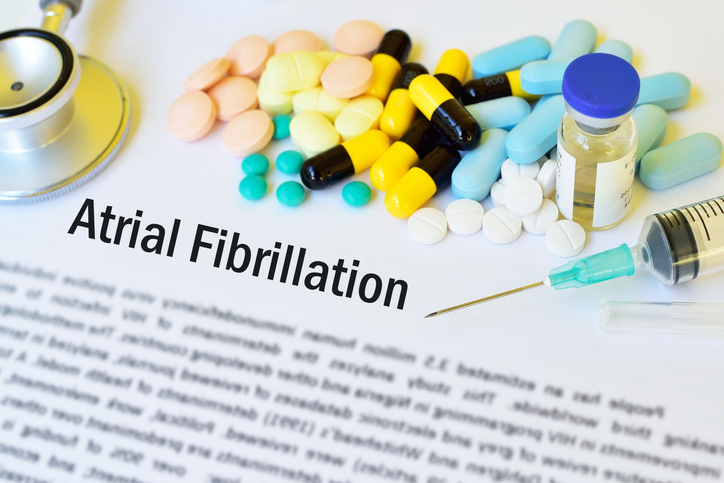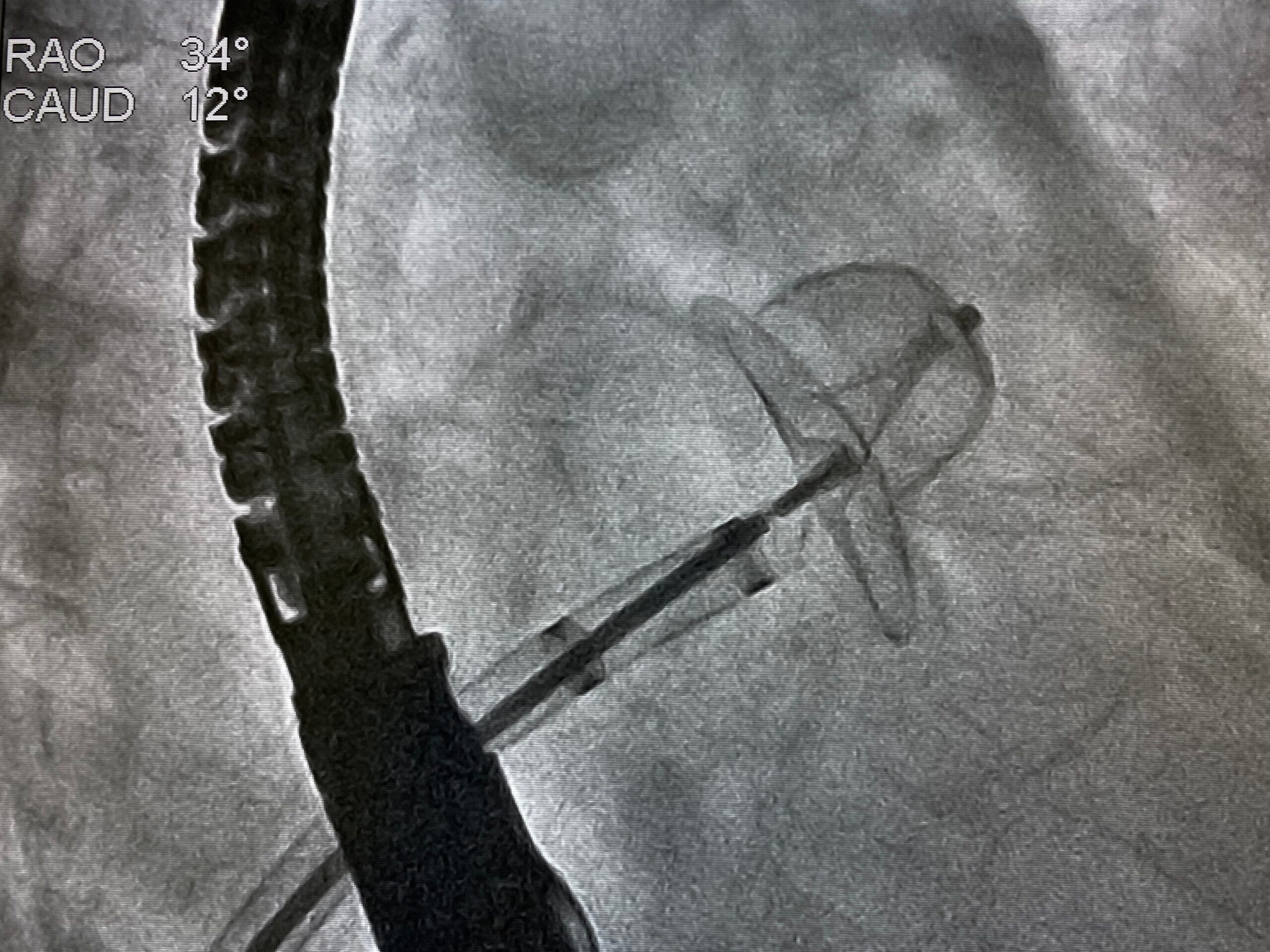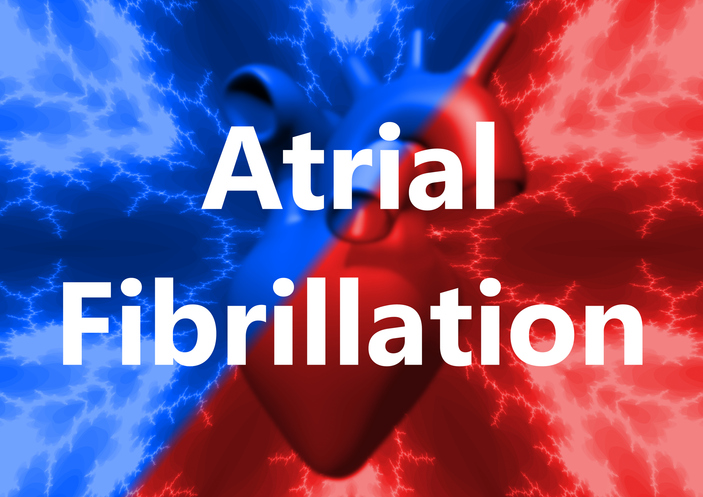
Stroke prevention strategies in patients with atrial fibrillation aged 80 years or older are still being evaluated for an optimal approach. Recently, researcher’s conducted a traditional and network meta-analysis of outcomes in patients with atrial fibrillation treated with different antithrombotics.
According to the study’s lead author, Kun-Han Lee, the team found novel oral anticoagulants (NOACs) appeared to have superior efficacy and safety when compared with vitamin K antagonists (VKAs) in this patient population. Their results were published in Age and Ageing.
NOACs Appear Superior to Other Antithrombotic Strategies
The systematic literature review identified 53 randomized controlled trials and observational studies published to the Medline, Embase, Cochrane Library, and Web of Science databases by December 16, 2021.
In addition to NOACs and VKAs, the researchers evaluated treatment with aspirin and with no oral anticoagulant or placebo. The primary end points were stroke, systemic embolism (SSE), major bleeding, all-cause mortality, intracranial bleeding (ICH), and gastrointestinal bleeding.
Among the randomized controlled trials, patients who received NOACs had significantly reduced risk of SSE (risk ratio [RR], 0.82; 95% CI, 0.73-0.99) and ICH (RR, 0.38; 95% CI, 0.28-0.52A) compared with patients who received VKAs. The authors noted that edoxaban and apixaban outperformed other treatments due to a lower risk of major bleeding and greater net clinical benefit, with P-scores of 0.8967 and 0.8528, respectively.
Ultimately, the researchers suggested that NOACs, and specifically edoxaban and apixaban, may be the optimal treatment strategy for patients with atrial fibrillation aged 80 years or older given their increased safety compared with other strategies.
Read More on the Atrial Fibrillation Resource Center







 © 2025 Mashup Media, LLC, a Formedics Property. All Rights Reserved.
© 2025 Mashup Media, LLC, a Formedics Property. All Rights Reserved.